In the 1950's, the Russell Sage Foundation funded several schools of social work to create doctoral programs that would be particularly “scientific” and lead to PhDs, as opposed to advanced practice programs that led to the DSW degree. The University of Michigan School of Social Work was one of those funded. These new programs required students to take one or two “cognates”—courses in other disciplines related to one’s own—in other schools, such as Public Health or Medicine, but this would hardly teach students about that discipline. The U-M School of Social Work decided to have a joint track PhD program with other social science disciplines. Students would complete all course requirements and exam requirements for both social work and a social science discipline, with a dissertation integrating the two disciplines.
On the occasion of the joint program’s 60th anniversary, a number of graduates—some of whom are also on our faculty and at one time directed the program—reflect on what is special about the “joint” quality of this program.
 Berit Ingersoll-Dayton
Berit Ingersoll-Dayton
Professor of Social Work, Emerita; Joint PhD, Social Work and Psychology, 1982; Director of the Joint PhD Program, 2010-2016
PhD students here end up being much broader and deeper thinkers because of their exposure to the other social sciences. They pull it all together. They become some of the biggest thought leaders of the social work profession. Look at the number of our graduates who have been deans, contributing in major ways to the Grand Challenges of Social Work. After graduation they come back and talk about how the joint program has enriched their lives in such deep ways.
Our students are exposed to social science theories and a variety of sophisticated methodologies, and we expose the other social sciences to ideas from social work. Social science faculty say our students sometimes ask the most penetrating questions. Some of those faculty have actually pursued MSWs here because of what our students brought to their seminars. They want those ways of thinking available to them.
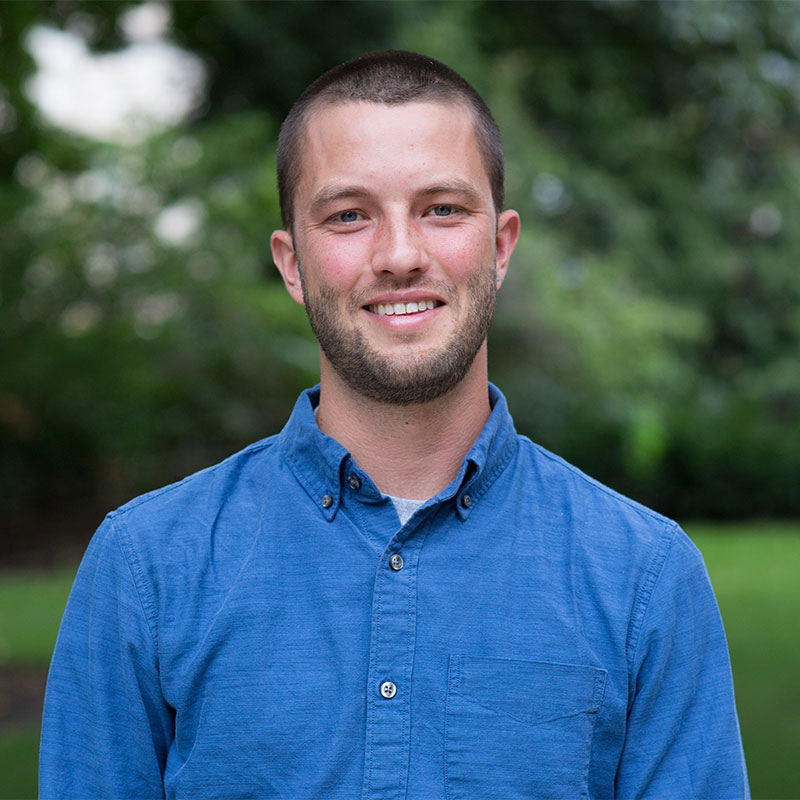 John Doering-White
John Doering-White
Joint PhD Candidate, Social Work and Anthropology, 2015
For me, what is special about this being a "joint" program is the push to be in dialogue across different streams of thought and to do so in way that constantly explore the tension between theory and practice. In my work with migrant shelters in Mexico, for example, I draw on theories of materiality that are connected to archaeological traditions and ideas about agency and oppression that come out of debates that people like Jane Addams were involved in at Hull House.
The other special thing has been becoming involved with the Scholars Across Anthropology and Social Work group, a growing community, many of whose members are joint program grads who are thinking and writing about how these two fields can speak to each other more.
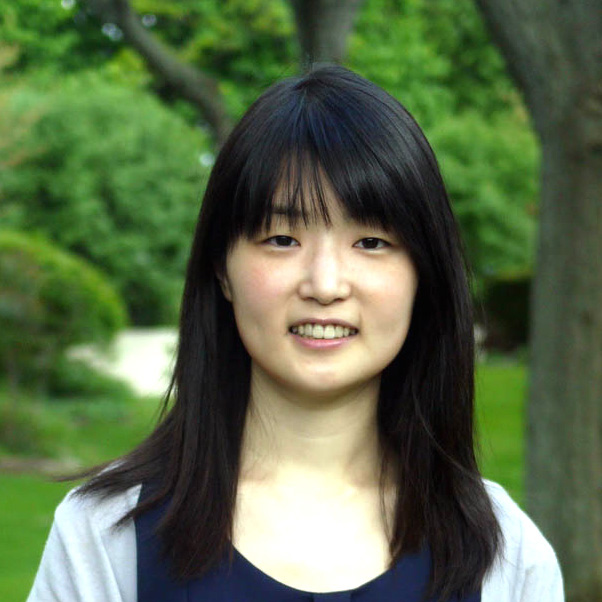 Pinghui Wu
Pinghui Wu
Joint PhD Candidate, Social Work and Economics
A lot of economists are working on problems with a top-down approach. But I’m interested in looking at problems from a human angle. Economics gives me the tools to answer questions I am interested in, and social work keeps me rooted to the population I’m concerned about. No other school or program offers that.
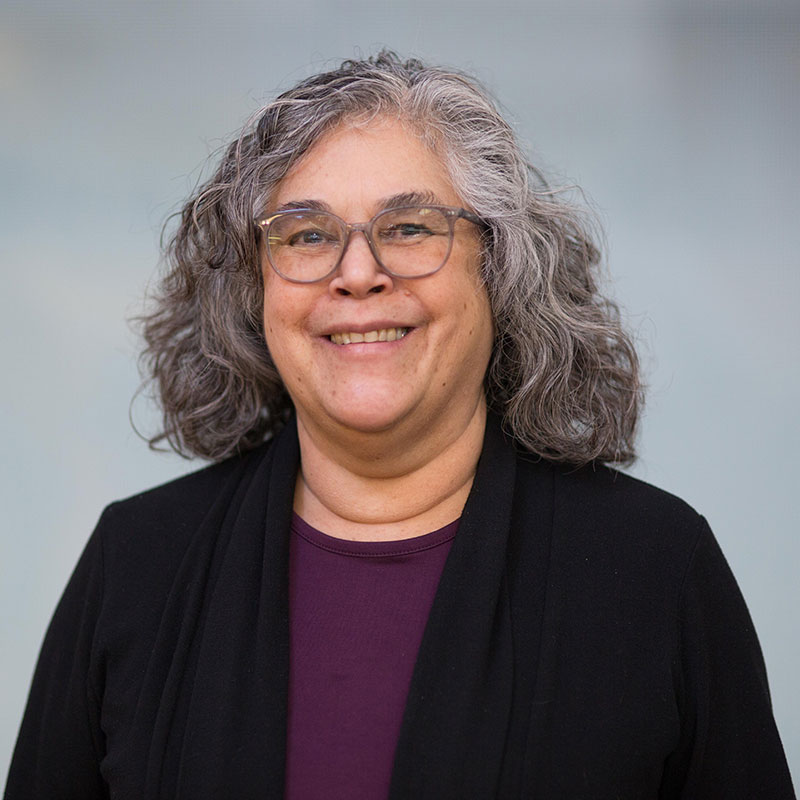 Lorraine Guttiérez
Lorraine Guttiérez
Director, Diversity, Equity, and Inclusion Program, and Professor of Social Work; Arthur F Thurnau Professor, Professor of Psychology, College of Literature, Science, and the Arts; Joint PhD Graduate, Social Work and Psychology, 1989; Director of the Joint PhD Program, 2005-2010
You have the ability to have two perspectives within yourself, and they challenge each other.
How the student embraces "joint-ness" is highly individual. Their topic may come from social work, but they might do lots of work in a psychology lab. With, say, the topic of youth activism, research might look at how people become activist, and you would use research methods from both social work and psychology.
What our students do ends up informing both fields. Students learn to have interdisciplinary discussions; it's a socialization process. Joint students become experts in social science theories. These classes can be very challenging and exams focus on mastery of these theories. Social work content is inherently interdisciplinary anyway, but then you learn how others think; it's a cultural skill. That's the exciting thing about being at a big university -the language, theories and frames of reference differ, so you must learn to talk to each other. You have to code switch - go between environments. Let's say your topic is alleviating poverty: all five social sciences would have something different to say about it. So, if we want to alleviate poverty, we have to be able to talk to and hear from people outside our field. We are socialized to think that it's that way or this way, that there aren't multiple truths. We have to unpack this. People have to reach out of their silos. People in the social sciences learn from us the scholarship of action and the scholarship of socialization.
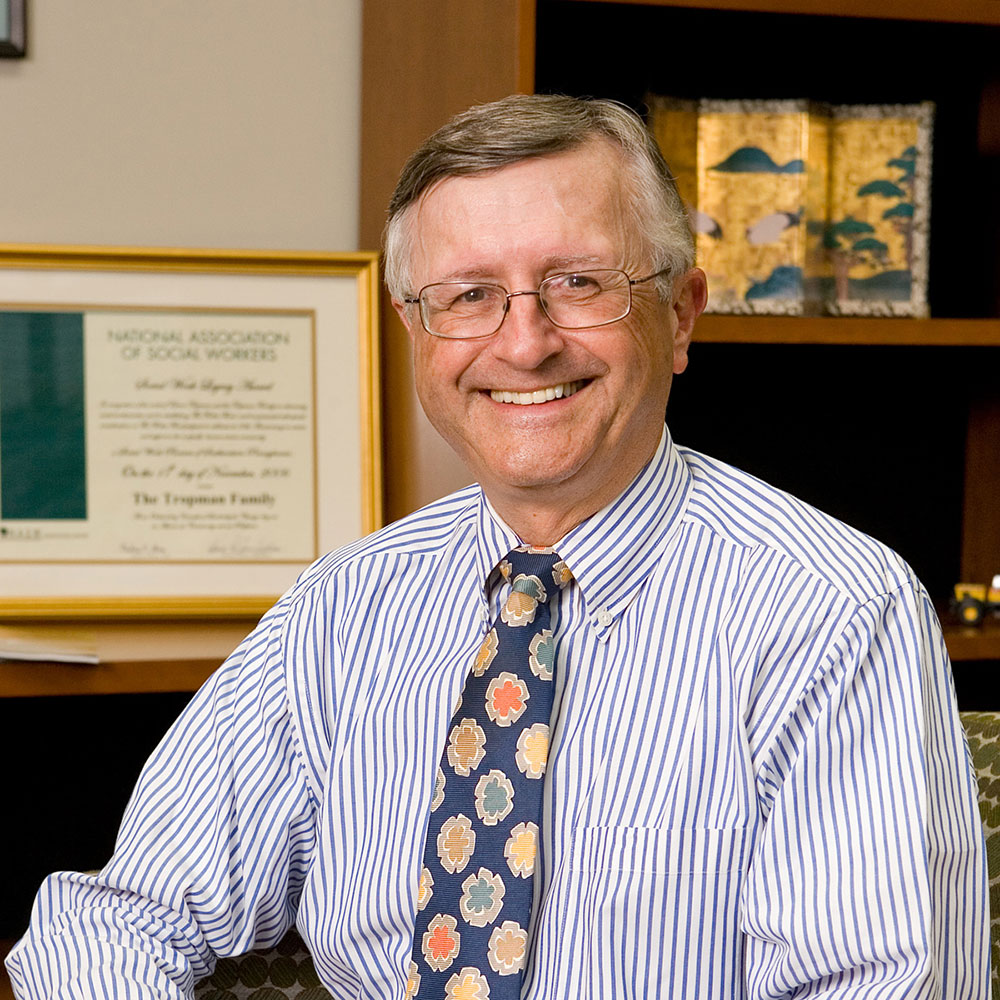 John Tropman
John Tropman
Henry J. Meyer Collegiate Professor Emeritus of Social Work; Joint PhD Graduate, Social Work and Sociology, 1967; Director of the Joint PhD Program, 1978-1980
Graduates of our joint program have the advantage of an internal duality they would not have if they were in a PhD program strictly for social work. In many social work only PhD programs, you take cognates in others departments, but you don’t experience the rigor of the discipline itself. What you get is more informational than intellectual.
Social work is largely service driven. Other social science disciplines are knowledge driven. Not that social scientists don’t want to help people or that social workers can’t be knowledge driven. There is a productive tension between developing and applying knowledge. When I’m doing one I feel guilty about not doing the other!
 Charity Hoffman
Charity Hoffman
Joint PhD Graduate, Social Work and Sociology, 2018
I chose to apply to this program precisely because of its "joint-ness." When I was applying, I had a bachelor's in sociology and work experience in social work practice and social science research and I was on the fence about whether to pursue the academic or practice route. Then I found this program that was the best of both worlds. I got my master's in social work and my PhD in both social work and sociology, and now I am working at a job that allows me to combine both skill sets: doing interdisciplinary research on women and infant mental health.
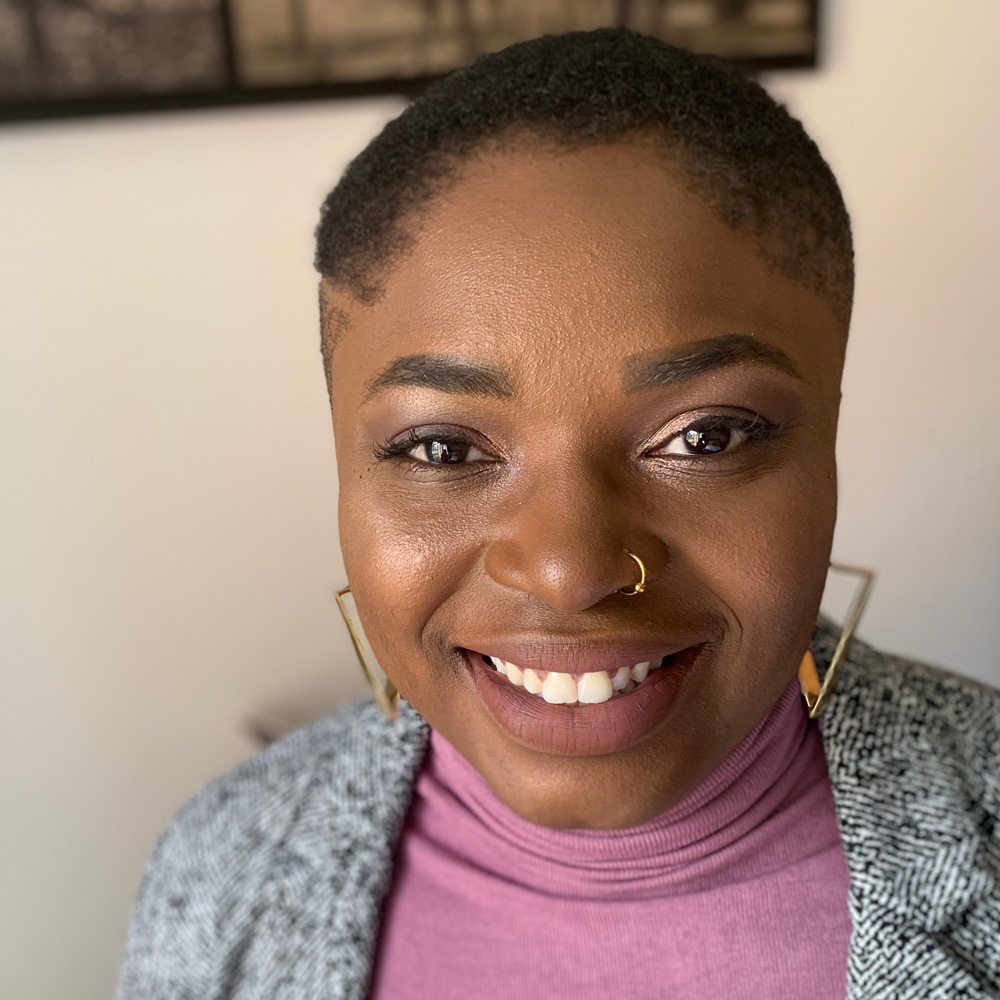 Nkemka Anyiwo
Nkemka Anyiwo
Joint PhD Candidate, Social Work and Developmental Psychology, 2016
It’s a beautiful marriage between two passions. It takes a lot of balance to have two scholarly identities, but it can be a powerful, beautiful thing.